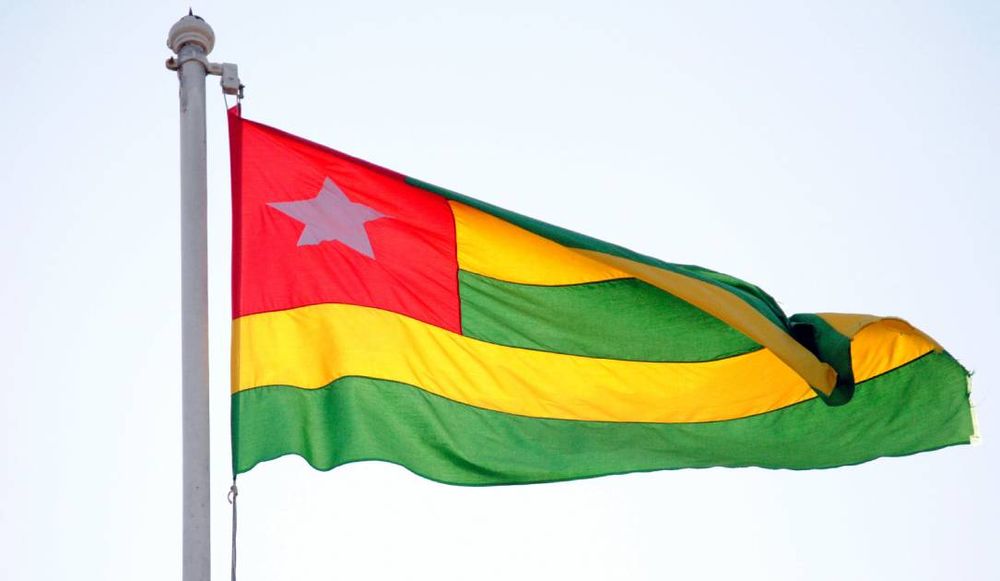Suspected Pegasus spyware found on Togolese journalists’ phones
Traces of spyware resembling NSO group’s powerful Pegasus surveillance tool have been found on the phones of two journalists in Togo, Reporters Without Borders (RSF) announced Tuesday.
The journalists are on trial for allegedly defaming a government minister, according to RSF. The West African country has been under the control of the same repressive ruling family since 1963.
RSF stopped short of definitively identifying the uncovered spyware, instead saying the “traces are typical of Pegasus.” RSF noted the government of Togo used Pegasus until at least 2021 and said that one of two victimized journalists was subjected to a “major cyber-espionage operation throughout the first half of 2021.”
A phone belonging to Loïc Lawson, the publisher of Flambeau des Démocrates, a top independent weekly, showed 23 spyware intrusions between February and July of 2021, RSF said.
A second journalist, freelancer Anani Sossou, was targeted a few months later, in October 2021.
RSF said its forensic service for journalists, Digital Security Lab, investigated for months, and Amnesty International’s Security Lab confirmed its findings in an independent analysis.
The organization started investigating the suspected phone tampering in December, nearly three weeks after the journalists were jailed. Their imprisonment followed a complaint from Togo’s minister of urban planning, housing and land reform, who objected to their reporting revealing the theft of about 600,000 Euros (about $650,000) in cash from his home.
RSF said the journalists were accused of attacking the minister’s honor and “inciting revolt” at a trial that began earlier this month. While investigating the arrests, RSF said in a press release that it had “discovered that [the journalists] had in fact been in the crosshairs of the Togolese authorities for a long time.”
The findings are the first proven case of spyware being deployed against journalists in Togo. Journalists, human rights defenders and opposition party politicians have been frequent targets of Pegasus spyware globally in recent years.
In September, researchers announced that a phone belonging to the well-known journalist and Kremlin critic, Galina Timchenko, was infected with Pegasus spyware while she was visiting Berlin.
Researchers said the attack dated to February, shortly after the Russian government banned Timchenko’s publication, Meduza, because it had been critical of Russia’s invasion of Ukraine.
An international consortium investigating spyware listed three other Togolese journalists, Ferdinand Ayité, Luc Abaki and Carlos Ketohou, as three of 50,000 potential Pegasus targets in 2021, RSF said.
Suzanne Smalley
is a reporter covering digital privacy, surveillance technologies and cybersecurity policy for The Record. She was previously a cybersecurity reporter at CyberScoop. Earlier in her career Suzanne covered the Boston Police Department for the Boston Globe and two presidential campaign cycles for Newsweek. She lives in Washington with her husband and three children.



